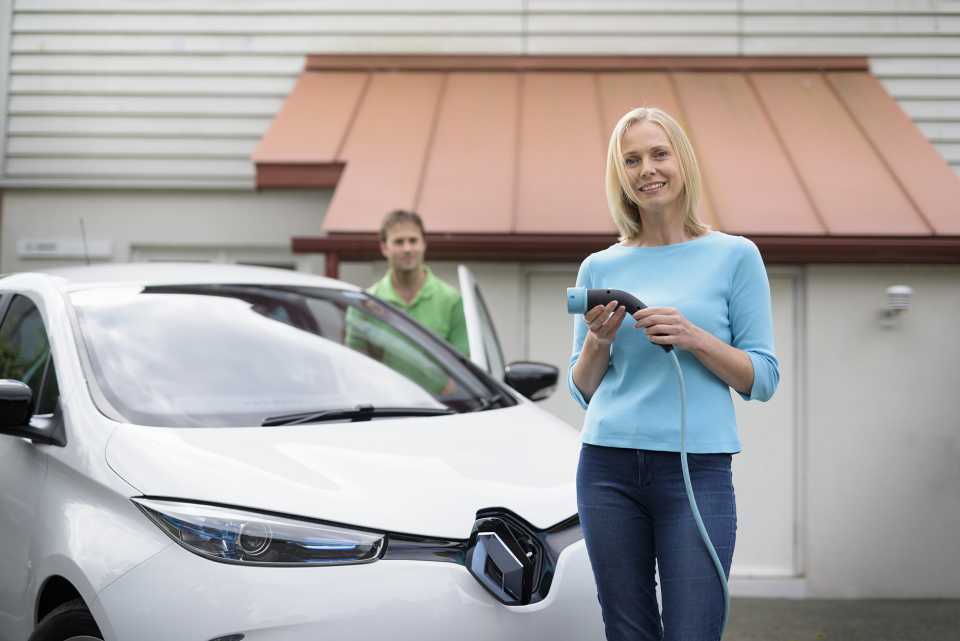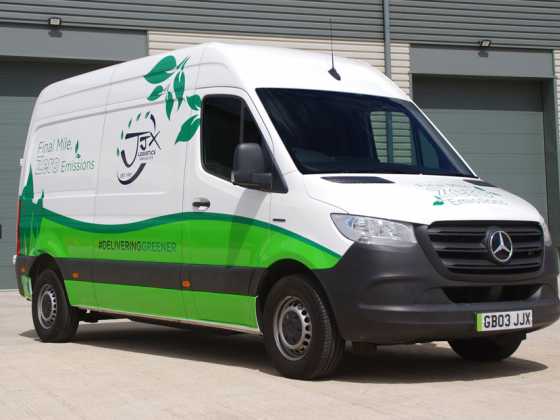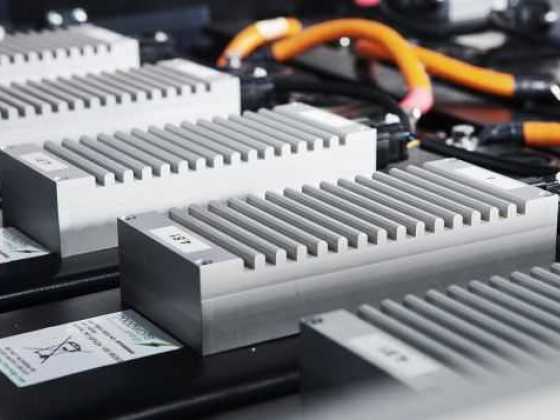Smart charging and EV tariffs can save motorists money

Analysis of the home smart charging trial Electric Nation has shown that well-designed EV tariffs plus smart charging systems can save EV drivers money.
Data from Electric Nation shows that the most popular time to plug in EVs is during the evening peak – 5pm to 7pm on weekdays when drivers get home from work.
On average, vehicles are left plugged in for over 12 hours but they are rarely charging for the full time.
There is a huge variance in charging behaviours but, on average, full battery EV drivers charge two to three times a week at 7kW when they have more than 50% of battery charge remaining; plug-in hybrid drivers charge more frequently at 3.6kW and plug in with less charge remaining but charging transactions are shorter.
Western Power Distribution’s (WPD) DSO Systems and Projects Manager Roger Hey explained: “This shows that most people treat home EV charging as part of their daily routine: get home from work, plug the car in and then go and cook, watch TV, etc. If all EVs had to charge at this point it would mean network companies would have to build much larger networks to accommodate the demand.
“But the fact that charging only takes place for some of the time means it’s possible to move charging activity away from peak hours. That means the existing network can accommodate the additional demand, which is good news for reducing the infrastructure costs.”
Smart charging – where Western Power Distribution (WPD) managed when the EVs were charged – was introduced in two phases: unseen and with apps that enabled driver interaction. The trial proved that smart charging was technically feasible but it also showed that drivers’ charging behaviour did not change.
The third part of the Electric Nation trial introduced simulated Time of Use tariffs. More than 60% of participants switched their charging time away from peak periods, with the majority choosing the ‘minimise cost’ option. This worked best when they had some form of app that made it easier for them to take advantage of cost savings without having to change plug-in times or set charging timers on their EVs.
“Smart charging is important to prevent mass adoption of Time of Use tariffs creating a new peak,” said Roger, “but the combination of tariff and smart charging has the benefit of providing the lowest-cost charge for customers and ensuring that demand can be moved away from peak hours, which means our existing network can cope with the extra load the move to EVs will create.”
Further details about the results of the Electric Nation trial are available here



